Quick!…get that worksheet printed. Quick!…where’s that clip I need to show for English? Quick…I should have had this ready yesterday!
Have you ever found yourself knowing what you wanted to do, having great ideas, but the resources were just not prepared? Me too, more than once. It’s very frustrating and often leads to the lesson being ‘less engaging’ than what I had in mind.
‘Frustration is the mother of invention’ is a quote I heard years ago; meaning that a need is the impetus behind a good idea to solve a problem. Over the years, frustration has lead me on many journeys to find creative solutions to what had been bugging me and hindering efficiency in my work.
Not being fully prepared is a common issue that teachers can face. Our time is needed elsewhere besides planning, programming and preparation. Administration in the workplace, time with family, down time we take to refresh all are essential and we need to do these. So when can we take time to prepare, for the day, for the week, the term, semester and even year?
One way, not the only way, that could be an answer is ‘before it begins‘. ‘What does that mean?’ Well, for example, before the day begins, take 10 minutes to prepare for it. On your way out the afternoon before, check in with your day plan and see what’s on. Write a schedule on the board for the whole class to see, add in the breaks and specialist lessons, make a couple of notes for yourself in the subject areas as to what the lesson is about and just sit, take a breath and think through the day. What will it look like, sound like, feel like? Think about how the day will run. Does this make you a little less tense? It did for me too.
Once at a professional development day focussed on students with disabilities, I learned about visual timetables. It is a brief schedule like the one described above. The visual timetables help students know what’s coming up and help them feel less anxious. As I started to do this for a particular student in my class, I found that we all gained the benefit. I was more prepared, the rest of the class found it helpful, it even made a difference to the settledness in the room. It was really a game changer in my early years. Now it’s a vital part of my preparation.
When I studied at Teachers’ College, we were taught that ‘If you fail to plan, you are planning to fail!’ a quote by Benjamin Franklin. Planning was everything, we were told! It was insisted upon that we plan, plan, plan! So, I turned this idea around and said, ‘When I make a plan, I am planning to succeed’ and planning became my number one priority as a teacher.
We were taught to plan for the term, before the term begins, using a Term Overview. In this document we looked ahead for each subject, included school events, noted holidays and this became the foundation for our programming. We could see, for example, that swimming was on for one day a week for five weeks with lots of time getting changed and riding on the bus, so our curriculum would be light on those days and therefore the rest of the week would bear the load of the learning.
We could decide where concepts could be placed in the term to offer the most relevant learning. If the local show was on we knew students would be spending their pocket money, so we placed teaching money concepts in the weeks around show week, so it would be relevant and timely learning. We would often place a narrative genre in the term with Book Week, so the learning could be linked with the short listed books.
You can see how this helps not only to see the big picture as the teacher, but at the same time creates opportunities for lifelike and real life learning for the students. I also use this concept for the year as a whole, before the year begins. I draw up the four terms for the year and look ahead at all school events, holidays, special events that students will have access to, including excursions, incursions and special celebratory days. This way I can make curriculum links to events, which makes the learning so much more connected, interesting and engaging.
So, before tomorrow, before next week, before next term sit down, breathe and think about what you want to teach, how you want to teach it and make a plan. It doesn’t have to be detailed, just some big picture thoughts. Plan to succeed. It will take some time, but the benefits will be enormous. Not only will you know what you are doing, but you will be walking in peace because you’ll know what’s up ahead.
Start today, with tomorrow. You’ll be glad you did.

